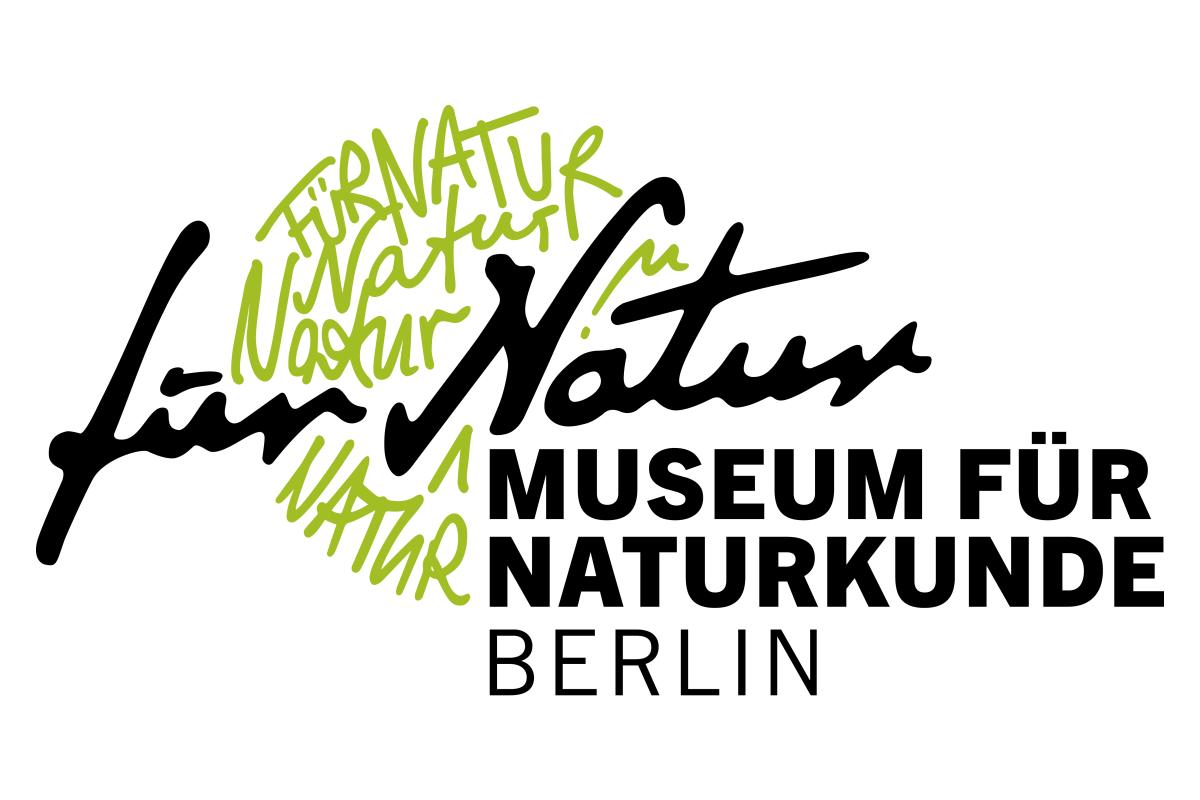Safeguaring life on earth and our rich biodiversity is one of the great challenges for the future of humanity. As a research museum the Museum für Naturkunde Berlin is a strong science, collections and evidence based organisation on this theme. In addition we see our role increasingly as a honest broker and participant in science – society dialog around a sustainable future, playing an ever stronger part as a change maker and scientific advisor to support ‘nature’.
Humans are a part of nature, but have we really understood what that means? The accelerating loss of biodiversity, climate change, plastic in the oceans and the battle for raw materials are all issues that will have a long-lasting effect on our future. Tonight, distinguished guests from politics, science and society will come together in the main hall of the Museum für Naturkunde Berlin for a debate on how to best exercise responsibility for nature. Guests include Steffen Krach, State Secretary for Science and Research, science journalist and TV presenter Ranga Yogeshwar, Lori Bettison-Varga, Director of the Natural History Museum of Los Angeles County, as well as Sebastian Turner, editor and proprietor of the Tagesspiegel newspaper. The evening will be opened by Johannes Vogel, Director General of the Museum für Naturkunde Berlin, who will award the title of Ambassador for Nature on writer and philosopher Richard David Precht.
The evening will be the first of a series of events at the Museum für Naturkunde Berlin and mark the launch of a new positioning for the institution. It will also mark the beginning of a strategic campaign to raise public awareness on the loss of nature at a global scale and to foster strategic partnerships. Science and society need to recalibrate its relationship and find new ways of reaching joint decisions. Natural History museums are an ideal place for society, science, business and politics to come together.
“As a research museum, a much love visitor attraction and globally connected infrastructure we see our genuine task to generate and to preserve knowledge, but also to be a honest broker and initiator of change. We want to be a forum for all stakeholders to discuss the truly crucial issues and grande challenges of the 21st century,” says Johannes Vogel, Director General of the Museum für Naturkunde Berlin. “The Leibniz Institute for Evolution and Biodiversity Research is aware of its tradition and its mission in the footsteps of Alexander von Humboldt Charles Darwin, and other naturalists to work for a sustainable future for humanity.”
Alexander von Humboldt, whose handwriting ‘für Natur’ is now our logo and motto is an inspiration to us all. He was the first German scientist to think and act globally – scientifically and politically. He is still much revered all over the world, excelling in scientific precision, thinking about countries, economies and global connectivity. His collections, personality and lifetime achievements have created a tradition that still inspires the work of the Museum für Naturkunde Berlin: deepening research, communicating knowledge and through that changing society.
Steffen Krach, State Secretary for Science and Research, says: “I am convinced that research and science are the future. Science has to become better at engaging with society and to foster dialog. An institution such as the Museum für Naturkunde is predestined to spearhead such dialog. This is the way forward to counteract fake news and strengthening trust in science.”
For Nature -a common mission
With its 30 million specimens, its huge public audiences and an internationally connected research agenda, the Museum für Naturkunde it is an important integrated global research institution. Every day, interdisciplinary research team demonstrate through their work that the collections of our museum are an invaluable treasure that benefits of mankind. Our research teams will strengthen their efforts to enter into dialogue with the public, to foster discussions around current developments, predict changes and involve citizens. At the same time, our science based institution will become a platform for science – public debate, engaging civil society, business and policy. Holding face-to-face interdisciplinary events in connection with other scientific or cultural institutions with strengthen trust in evidence and credibility in scientific institutions and scientific discourse.
In the coming week directors of 12 globally leading natural history museums are gathering in Berlin to explore if concerted action for nature and biodiversity in possible.
From about 19:00 onward, you will find images in our download folder, which you may use free of charge in connection with reporting on this press release:
http://download.naturkundemuseum-berlin.de/presse/VerantwortungFürNatur
Other and commercial use of the images provided is not permitted. We would ask you to quote your source correctly (© name of photographer & Museum für Naturkunde Berlin) and to provide the Museum für Naturkunde Berlin and the picture copyright holder with a complimentary copy of your publication.
